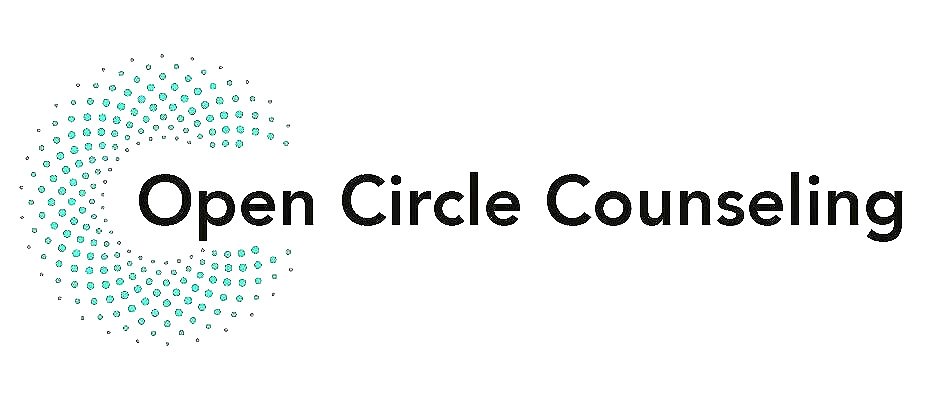Receiving a bipolar diagnosis is never easy. While it might be a relief to finally have answers to your symptoms, behaviors, and mood episodes, the diagnosis can cause even more questions. Will you be stigmatized by society? Will you lose your identity when you go through treatment? Is there a way to heal? Here are the first steps you can take.
1. Read up on Bipolar Disorder
Understanding your disorder will help you control it. Learn about how and why the brain cycles between depression and mania (or hypomania) and the symptoms that go along with these shifts. Look for psychiatric and psychological resources online and in print. And while books written by mental health professionals are always good to have, consider also reading memoirs by people who actually have bipolar disorder. You might get started with An Unquiet Mind by Kay Redfield Jamison, Another Kind of Madness by Stephen P. Hinshaw, or even the graphic memoir Marbles written and illustrated by Ellen Forney. These personal stories can hold up a mirror to your own life—getting inside the minds of other people who have gone through what you’re experiencing will help you make more sense of your disorder.
2. Enlist Your Loved Ones
You might not be ready to tell the entire world you’re bipolar just yet. But look around at your friends and family: are there a few close people you can trust? It’s important right now to not feel isolated. Confide in your loved ones and don’t be afraid to ask for help. You might even have people in your inner circle who have gone through the same thing. Maybe somebody close to you also has bipolar disorder, anxiety, depression, post-traumatic stress disorder, or an eating disorder, meaning they can give advice and share their stories too. Being honest about your struggles can make your bonds even stronger.
3. Be Kind to Yourself
The road to healing after a diagnosis is a long one. It’s okay to feel confused, frustrated, angry, ashamed, or hopeless sometimes. You’ll have good days and bad days. What’s most important is that you make a conscious effort to understand your disorder and how it affects you presently and has in the past. Make sure to keep looking forward and practice self-compassion along the way. You don’t need an inner voice criticizing yourself for not getting treatment earlier, or having setbacks along your healing journey. Celebrate your successes—get excited when you consistently take your medication, go to therapy, or eat healthier.
4. Start New Healthy Routines
A diagnosis can be destabilizing. Chaos is terrible for mood disorders—when you feel unmotivated to keep to a routine and take care of your mental health, you might slip into depression or mania. Focus on getting regular sleep, eating balanced meals, and cleaning up your living space. Be sure to get exercise regularly, especially if that means being outside. When you’re stressed, get into a practice of mindfulness and deep breathing to calm your nerves. You might also find space in your routine to attend support groups, either in-person or online. Having a consistent obligation that connects you with other people is good for your mental health.
5. Create a Treatment Plan
To manage bipolar disorder, you need a long-term treatment plan developed by you and a mental health professional. Together you can decide on the appropriate mood stabilizers, antidepressants, or anti-psychotics to treat your disorder. It’s also important to include therapy in your treatment plan. Connect with a therapist who specializes in bipolar disorder. You may benefit from cognitive-behavioral therapy (CBT), dialectical behavior therapy (DBT), interpersonal therapy (IT), or another approach. With a long-term view, you’ll set yourself up for success even in the face of a bipolar diagnosis.
To find out more about how therapy can help those with a recent bipolar diagnosis, please reach out to me. Book a consultation today and we’ll get started on a management plan that works for you.
